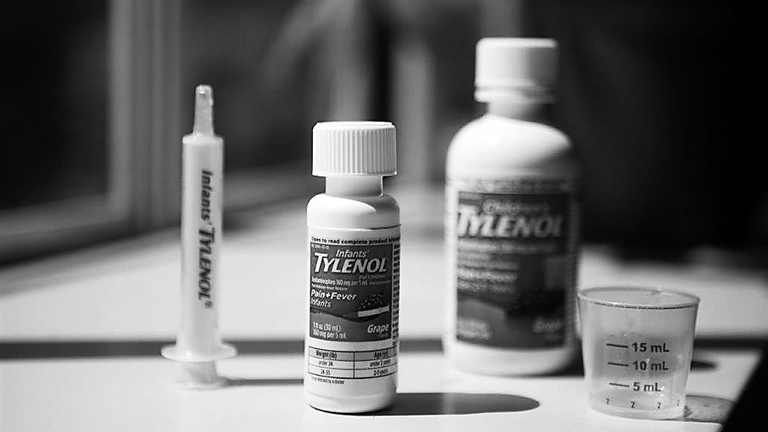
TYLENOL may not just stop aches and fevers, it may actually make you more prone to taking risks, according to a study published in the journal Social Cognitive and Affective Neuroscience. “Acetaminophen seems to make people feel less negative emotion when they consider risky activities — they just don’t feel as scared,” co-author of the study Baldwin Way, an associate professor of psychology at The Ohio State University, said in a press release. The researchers studied 189 college students who took 1,000 mg of acetaminophen (the active ingredient in Tylenol), which is the recommended dose for a headache, or a placebo that looked similar to Tylenol. Participants were then asked how risky certain activities — such as bungee jumping, starting a new career in your mid-30s, participating in a skydiving class and walking home in an unsafe area of town while alone at night — would be rated on a scale of one to seven. The study revealed that those who took acetaminophen rated those activities as less risky than the placebo group. The risk-taking effects from acetaminophen were also explored in other separate experimental studies involving 545 students, according to the press release. In those studies, participants were asked to click a button on a computer to inflate a balloon on the screen. The individual would receive virtual money with each click, they could stop at any time and add the money to their virtual bank, then move on to the next balloon. “As you’re pumping the balloon, it is getting bigger and bigger on your computer screen, and you’re earning more money with each pump,” Way explained in the release. There is a risk, however. “As it gets bigger you have this decision to make: Should I keep pumping and see if I can make more money, knowing that if it bursts I lose the money I had made with that balloon?” Way shared. Those who took the acetaminophen wound up with more burst balloons and pumped more times than the placebo group. “For those who are on acetaminophen, as the balloon gets bigger, we believe they have less anxiety and less negative emotion about how big the balloon is getting and the possibility of it bursting,” Way further explained. “If you’re risk-averse, you may pump a few times and then decide to cash out because you don’t want the balloon to burst and lose your money.” Way suggested the study findings have implications in daily lives as many things we do, like driving, involve assessing risk. “Perhaps someone with mild COVID-19 symptoms may not think it is as risky to leave their house and meet with people if they’re taking acetaminophen,” Way said.(SD-Agencies) | 
